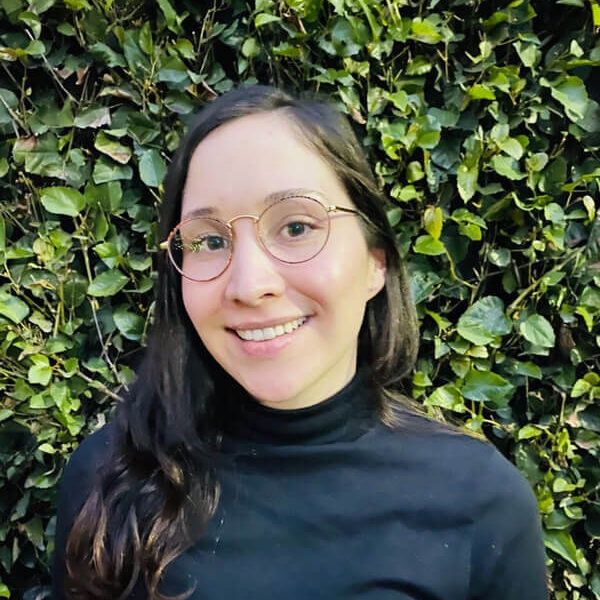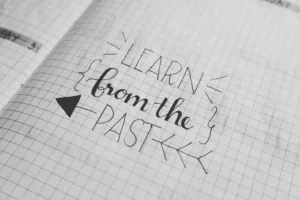I started my PhD just four months ago at the University of Leeds. I’m an architect from Mexico City, and as you can imagine, it was a hard decision to move to the UK. One of the things that I noticed after I arrived here was the writing on the pavement reminding people to “look right” or “look left”. At first, I thought it all seemed very unnecessary. Now that some time has passed, I bless those signs every day. I realised how complicated it was for someone from Latin America to arrive in a country where everything is on the opposite side from what we’re used to.
In many respects, moving to Leeds has been much easier. I live in the city centre, and so it only takes 15 minutes for me to get to uni. Back in Mexico walking from my house to university took 45 minutes, so I am lucky that I live so close to campus. Leeds moves slowly in comparison to my city. This has taken some getting used to as I am used to a faster pace, although it has been an important change in my PhD life so far. In Mexico City, everything goes so fast, a lot of people start their day at 5am and everybody is in a rush. Life in Mexico is more about surviving rather than living, and this is still the way I am in Leeds today. I’m the person who is always running everywhere, even though I’m not in a hurry.
The fast pace that I’m used to is one that I have been experimenting with during these months of my PhD.…I want to run into research and fieldwork, and everybody tells me that I’m supposed to take it slowly, to calm down and to take this first year to think about where I want to go. At first, I was so sure about where I wanted my research to go… and then the literature review started… and the first meetings with my supervisors took place. It was then that I realized that my research can go in lots of different directions, and there are lots of ways of engaging with my topic, and that there were lots of aspects of my research that I hadn’t even considered in the first place.
Then, of course, with the issue of English not being my first language, I’ve had to begin a process of re-learning the basics. I live with people from the UK, and I find it helpful both for learning English and learning about UK culture. During the first month of being here I was in complete silence; I had studied English for 25 years before I realized that I didn’t understand a word! This was shocking! It has been hard not only having all these discoveries and new ideas for my research, but realizing that I cannot explain any of them as well as I would in Spanish.
Now I begin to reflect on those pavement signs again… I think PhD students should have those big signs to let us know where to go and where not to. Or at least some guidance on the process. I understand now that a PhD is not as linear as one of my supervisors had once described it to me. I know PhD life is mostly lonely, and it is hard to know if you are making friends and making real personal connections or just meeting your competition; it sometimes seems like students just want to be the supervisor’s favourite.
In addition to moving to a different continent, speaking a different language, and being lonely,
I’ve found that doing a PhD is also a journey of personal discovery; I don’t know how many times I have asked myself:
– Why am I doing this?
– Is a PhD right for me?
- Is there a way to fight the gendered stereotypes surrounding women in academia?
Doing a PhD presents three constant struggles: What am I doing? How am I supposed to do it, and Why? I was accepted onto my PhD programme in 2019, but because of funding issues and the COVID pandemic, I had to start 2 years later. I must confess, I had planned to graduate with my PhD by the time I was 30 (I’m now 29), and I used to feel that I was behind my ‘life schedule’. So, back in Mexico (and after several rejections from different sponsors), I spent a year studying Bioclimatic Architecture and decided to take a different approach to my research (since my writing wasn’t fulfilling the scholarship requirements).
It was hard both chasing my dream as a researcher and being told that I didn’t have what it takes to become a PhD student. I was happy with my teaching position at the university and was finishing my bioclimatic course when the results of my scholarship arrived, for the third time. I didn’t pay much attention to the results as I had gotten used to being rejected, but one day my best friend sent me a link where the results have been published, and finally my name had appeared on the list.
This completely changed my life; I was at peace with the idea of staying in Mexico and maybe waiting a couple of years to pursue a PhD again. For an international student, starting a PhD in the UK means not only having to worry about moving to another continent and speaking another language, but also the exhausting VISA requirements. Having completed all the documentation and submitted it to several places, today I can look back and say that it wasn’t as hard as I thought. But the fear of the unknown makes you tired, scared, and overwhelmed.
Besides all of the problems a PhD may have, there are also a lot of good things about it. For example, in my case, I was really lucky with finding my flatmates. I have had the opportunity to know three amazing musicians who come from different places around the UK. Also, in my PhD cohort, I had the opportunity to meet an amazing woman from Malaysia, who has taught me so much about her culture. I have had the opportunity to meet a lot of teachers and students who embed themselves into the university life in ways I have never seen before. I have also had the opportunity to embrace the University of Leeds campus experience, which has been mind-blowing.
Again, I always remind myself to find the “look right” and “look left” signs on the pavement, and acknowledge now how necessary they are for people far from home. While I appreciate that your PhD guidance may not be as explicit as these signs, I am slowly beginning to appreciate that there are always people, spaces, and situations there to guide you in the right direction.










